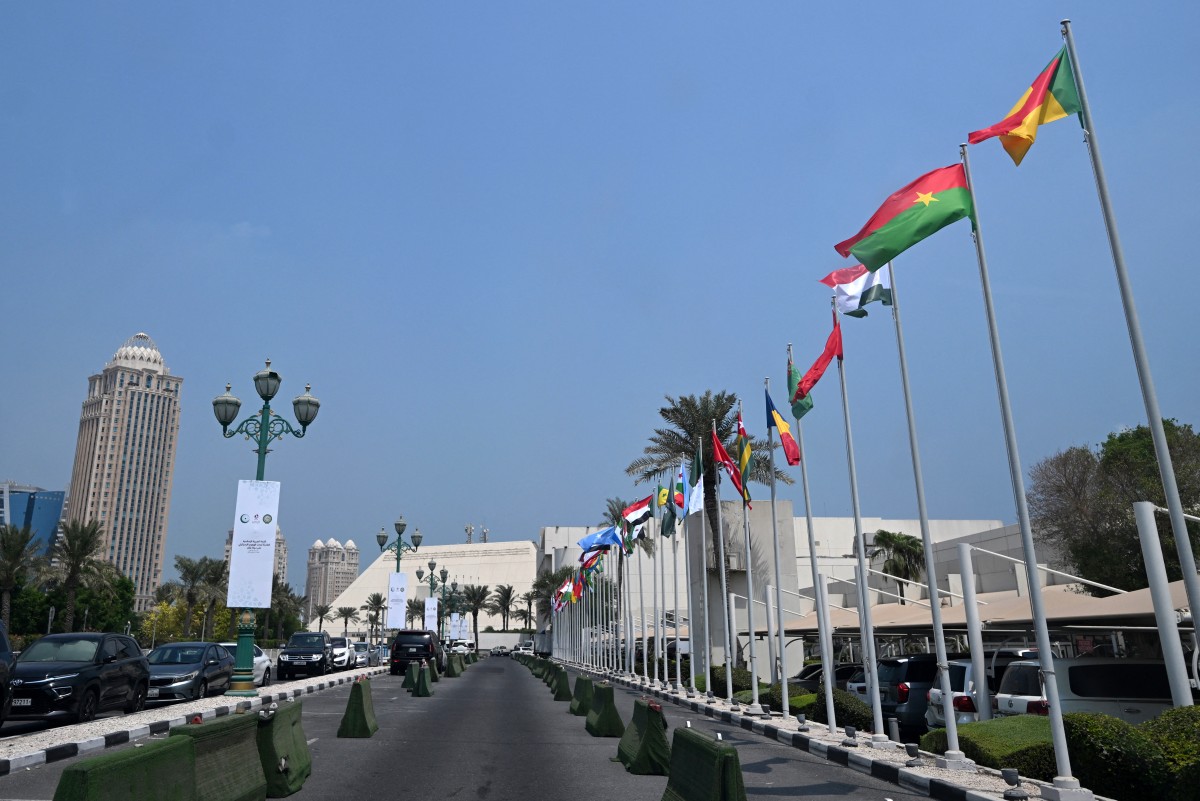The emergency Arab-Islamic summit held in Qatar, convened in response to the Israeli strike on Doha, was less about Hamas and more about a moment of reckoning—an occasion to reassess regional dynamics since the “Al-Aqsa Flood” operation and beyond. Lebanon, caught in the crosswinds, finds its future once again bound to a cascade of uncertain scenarios.
This time, the blow landed at the very heart of the so-called “moderate camp”: Arab states normalized—or semi-normalized—with Israel and allied with Washington and the West. Israel’s declared aim may have been the assassination of Hamas leaders based in Doha, the same envoys negotiating indirectly with Israel through the U.S., Qatar, and Egypt. Yet, the deeper target was unmistakably Qatar itself.
The conservative Jerusalem Post wasted no time, launching a scathing editorial headlined: “It’s Over. Israel Just Ended Qatar’s Game of Terror and Hypocrisy.” The piece accused Doha of bankrolling Islamist movements worldwide and called on the West to treat it as a sponsor of terrorism. Its prescriptions were sweeping: relocate U.S. military bases from Qatar to Egypt, investigate Qatari investments in the West, sanction Qatari companies, and punish its leaders “as one would punish the terrorists they funded.” The article even urged excluding Qatar from any future reconstruction of Gaza, a project expected to cost billions. Its final provocation: “Will the world divorce Qatar tomorrow? Of course not. But Israel just did.”
The message was clear: the raid on Doha was about dismantling Qatar’s regional role as much as striking Hamas. Analysts now fear Israel has opened a parallel front—targeting pro-Western Arab states even as it battles the “Axis of Resistance,” led by Iran. This fits neatly into Prime Minister Benjamin Netanyahu’s grand vision of a “Greater Israel,” a map he recently unveiled, unfazed by Arab or international outcry.
That map, which audaciously encompassed Lebanon, Syria, Iraq, Kuwait, Jordan, northern Saudi Arabia, and Egypt’s Sinai Peninsula, did not explicitly include Qatar. But the strike has sparked concern it may be the opening salvo of Netanyahu’s expansionist project—one that could put Saudi Arabia next in line. Riyadh has conditioned any normalization with Israel on the creation of a Palestinian state with East Jerusalem as its capital, a red line Israel flatly rejects.
For Lebanon, explicitly marked on Netanyahu’s “Greater Israel” map, the threat is existential. Its participation in the Doha summit thus carried special weight. President Joseph Aoun sounded the alarm, urging Arab and Islamic solidarity against an Israeli project that endangers regional security. His message was not just rhetoric—it outlined a roadmap for Lebanon’s survival.
Beirut’s demands were clear: the creation of an Arab-Islamic force to press internationally for a ceasefire, the withdrawal of Israeli troops behind the border, and the revival of the 1949 armistice agreement—without the political trappings of peace or normalization. Lebanon also sought urgent support for reconstruction to allow southerners to return home and called for bolstering the Lebanese Army to extend state authority across its territory.
President Aoun reminded his peers of the government’s decision to enforce the state’s exclusive control of weapons, including steps to disarm Palestinian factions in refugee camps—moves intended as the cornerstone of a political solution that, paired with reforms, could restore Arab and international trust.
The Doha summit, then, was not merely about Gaza or Qatar. It was about recalibrating how the Arab League and the Organization of Islamic Cooperation confront Israel’s territorial creep. Israel justifies its incursions into southern Lebanon and Syria as the creation of “buffer zones,” all while devastating Gaza in preparation to annex it alongside the West Bank.
Ultimately, the summit’s reckoning lies in whether Arab and Islamic leaders can move beyond declarations—whether they will turn to Washington, the only power capable of restraining Israel, to enforce international resolutions and the Arab Peace Initiative. Without U.S. pressure, Israel’s march toward a “Greater Israel” will continue unchecked.
Please post your comments on:
[email protected]
 Politics
Politics








